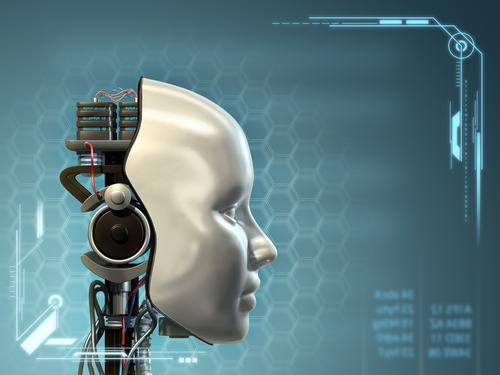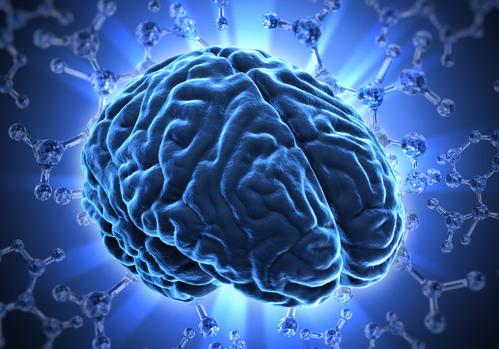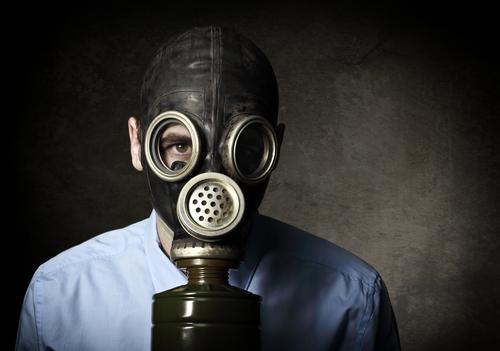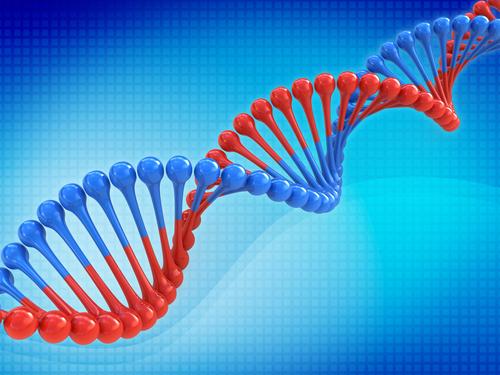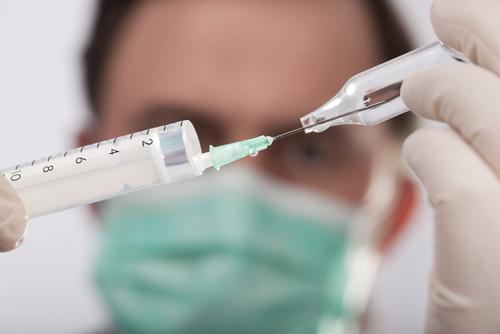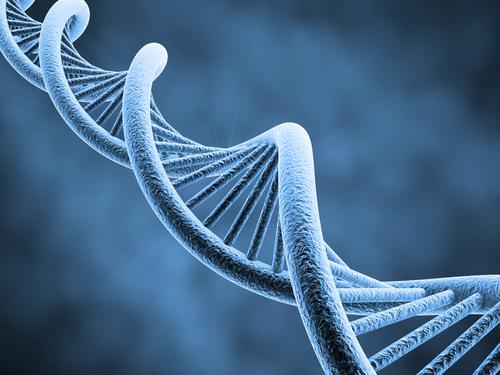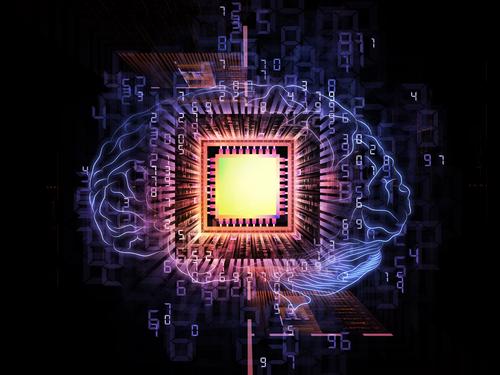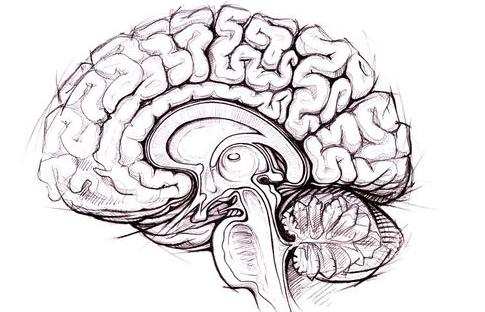Orion Jones
Managing Editor
Get smarter, faster, for success in the knowledge economy. Like us on https://t.co/6ZFWKpoKLi or visit https://t.co/d7r7dG2XOq
The popular video game platform is being used by Armed Forces health care professionals to help veterans complete their physical therapy routines from the relative comfort of their homes.
Astronomers have discovered five new planets surrounding a star just twelve light years from Earth. One has a mass five times our planet’s and exists in its star’s habitable zone.
The arrival of the Anthropocene, a new geological epoch in which the human race will exert a determinant influence over the environment, has some organizations saying a new strategy is needed.
Scientists at the University of Washington speculate that the goal of a super-intelligent civilization would be to create computer programs simulating other universes—ones such as ours.
The ability to upload the human brain into computer software, or advanced artificial intelligence modeled on specific individuals, could overcome technical roadblocks to deep-space flight.
Looking into a sliver of sky known as the Hubble Ultra Deep Field, astronomers have found light from galaxies born just after the big bang, telling scientists more about the early universe.
Despite the convictions we hold of our own moral correctness, we are easily brought under the influence of group morals, i.e. our behavior is motivated by our desire to be faithful to a group.
Oliver Sacks, professor of neuroscience at NYU, challenges fellow neuroscientists who have capitalized on near-death and out-of-body experiences to justify their belief in God and heaven.
Researchers at Northwestern University are testing a new chemical formula that relieves the symptoms of depression within hours. The drug works similarly to Ketamine, the animal sedative.
Children begin to show empathy and charity before they understand what those words mean, says pediatrician Perri Klass. And, she says, parents can help cultivate these prosocial attitudes.
In the developed world, the fight against infectious disease has largely been won. Anti-aging advocates say medical research should now concentrate on slowing the process of aging.
The field of tissue engineering is close to some big advances after helping to create human tissues that can be stored like data on computer chips and tested to create novel drugs.
An increasingly coveted cancer treatment has Mary Mulcahy, MD, Northwestern University, asking when the harms of tough medicines outweigh the benefits they can realistically deliver.
The most comprehensive report ever on global health concludes that, for the first time, our access to food as a species is more unhealthy than the shortages that have plagued us.
The ability of exercise to improve how our body clocks run may be especially effective in the afternoon, say researchers at UCLA’s Brain Research Institute who studied how exercise affects mice.
The condom has remained essentially unchanged since the 1920s but now researchers at the University of Michigan are proposing a high-tech polymer as the next-generation contraceptive.
By creating atmospheres that make you frustrated and anxious, shops can increase the likelihood that you’ll lose sight of your purchasing goals and begin buying items on impulse.
Software that learns to tell stories by maintaining an interconnected web of concepts rather than through rote memorization could help computer programmers better understand how humans think.
Johns Hopkins Medicine has implanted the first pacemaker for the brain in the US. The device generates tiny electrical impulses that fire into the brain’s memory region 130 times a second.
According to Reuters, one in four Americans believe the world will end within their lifetime. Is it because our lives are so insignificant that we want to write ourselves into the world’s finale?
The same set of skills, called caregiving responsiveness, that make someone a good partner can be carried over into parent-child relationships, says a new study out of England.
A European health body approved the West’s first gene therapy treatment last month. The move signals a long-awaited acceptance after accidents during the 1990s derailed the therapies’ progress.
A chemical compound found in the skin of grapes has been shown to have substantial health benefits, but how the chemical affects humans, and how much of it is helpful, is under investigation.
Recent research confirms that getting a good night’s rest is essential to doing good work during the day. Depriving yourself of sleep may even increase your risk of contracting serious illnesses.
Science writer Carl Zimmer is optimistic about current research into a vaccine that protects against all viruses. Although results are still years away, scientists are looking for characteristics that all viruses share.
Once thought to be useless muck, scientists now believe that the majority of our genetic information plays an important role in making proteins and helping to differentiate species.
Research shows that the exciting emotional bonds created by marriage begin to fade after just two years, but that introducing variety into the relationship has restorative effects.
Canada’s University of Waterloo claims to have the world’s largest and most complex brain simulator. Called Spaun, it can model eight distinctive functions of the human brain.
A new three-dimensional chip that emits light at different depths in the brain’s tissue could help scientists better understand distinct thought patterns and the sources of neurological disease.
The notion that men are only interested in one thing is a false one, says professor Andrew Smiler. He has compiled statistics suggesting that our culture’s view of the young male is all wrong.

















